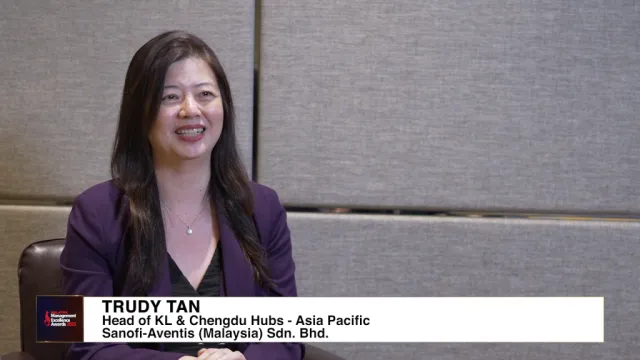
Asian insurers shift to private credit amidst new RBC rule
APAC insurers allocate an average of 6.4% of their portfolios to illiquid credit.
Asian insurers are increasingly exploring private credit and collateralised loan obligations (CLOs) as they navigate new risk-based capital (RBC) regimes across the region.
These regulations, aimed at aligning insurers' assets and liabilities more closely, are driving a shift in investment strategies, particularly for life insurers who face intensified challenges in asset-liability management due to duration mismatches and limited access to long-dated local currency bonds, according to Vladimir Zdorovenin, PhD, head of International Insurance Solutions at PineBridge Investments.
Hong Kong recently implemented a new RBC regime in July, whilst South Korea introduced the Korean Insurance Capital Standard (K-ICS) alongside new IFRS standards.
Japan and Taiwan are also preparing to roll out similar frameworks. These changes are prompting life insurers to either accept lower yields from long-dated government bonds or turn to reinsurance to mitigate the capital strain from their liabilities.
As a result, insurers are being pushed to diversify their portfolios and explore less familiar asset classes, such as private credit and CLO tranches,” Zdorovenin‘s “Why Asian Insurers Are Exploring Private Credit and CLOs” insight stated.
Private credit offers stable value, predictable income, and diversification benefits, whilst CLO tranches provide enhanced yield, liquidity, and shorter rate duration in a volatile market.
Despite these advantages, Asian insurers have traditionally lagged behind their global counterparts in adopting these asset classes due to their perceived complexity.
According to Moody’s, APAC insurers allocate an average of 6.4% of their portfolios to illiquid credit, compared to 35.7% for life insurers in the US and Canada.
The allocation for UK and European insurers stands at 23.6% and 13.1%, respectively. This gap highlights the potential for growth in the region as insurers seek to optimise their capital efficiency under the new regulatory regimes.
To implement a capital-efficient investment strategy, insurers may need to combine short-dated, higher-spread assets with lower-yield, ultra-long-dated government bonds.
This approach could help them meet yield targets whilst maintaining portfolio diversification. For insurers prioritising liquidity, CLO tranches offer attractive spreads over similarly rated corporates without the rates-driven volatility of long-dated bonds.



















 Advertise
Advertise









